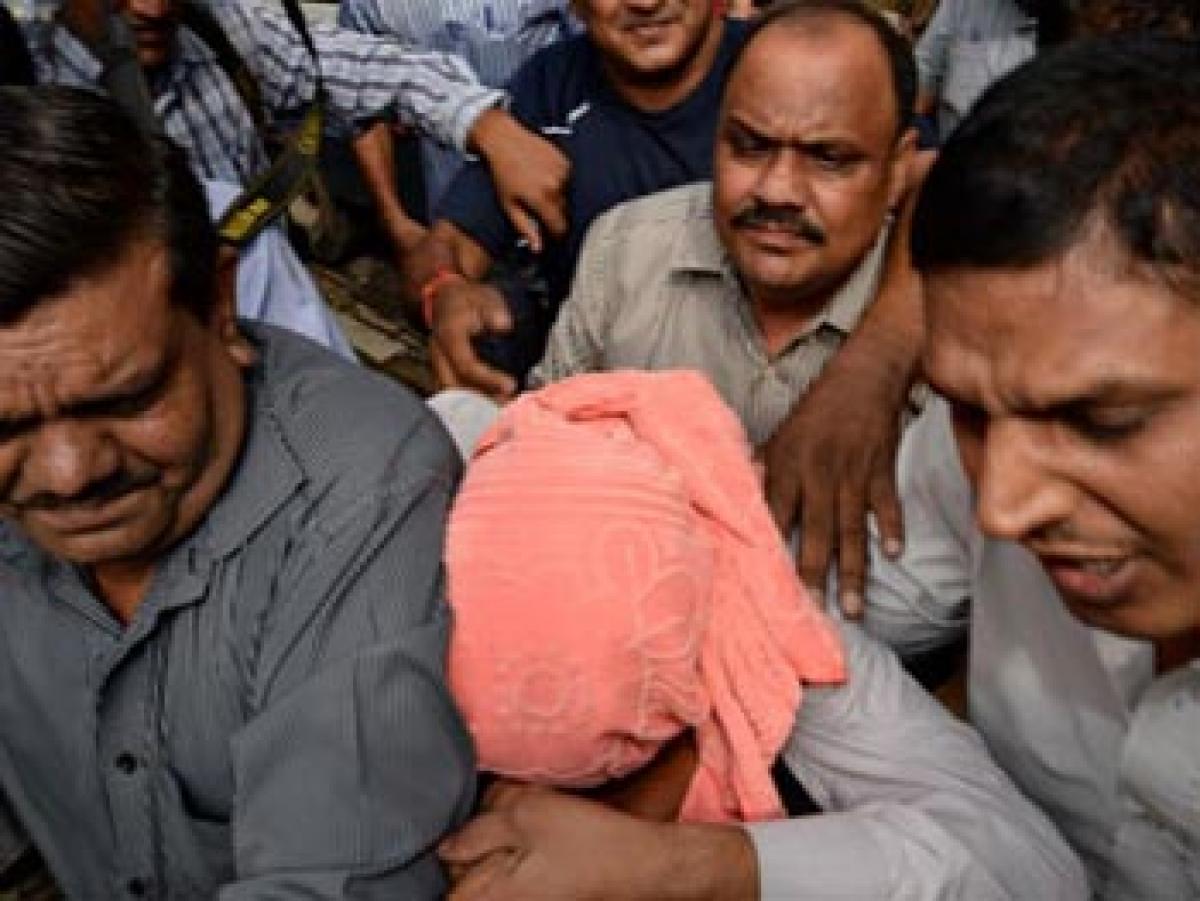Live
- Why Switching to Bluesky is Best Move for Your Social Media Experience
- Telangana Rejects Rs.100 Crore Donation from Adani Group: CM Revanth Reddy
- MUDA case: Petitioner claims Lokayukta officers shielding accused
- IPL 2025 Auction: Pant was always in our bucket list, says LSG's Shashwat Goenka
- Andhra Pradesh's Bold New Strategy to Fix Highways Forever
- Asia-Pacific’s EV battery market to reach 29.9 mn units by 2029, India’s FAME makes strides
- Samajwadi Party slams UP govt over Sambhal violence, calls it orchestrated
- BGT 2024-25: Very proud of the way we came back after being put under pressure, says Bumrah
- CBI gets evidence about circulation of expired medicines on RG Kar campus
- Now complaint filed with Governor against Karnataka Minister M.B. Patil





 As the juvenile convicted in Delhi gang rape case walks free after completing only three years of sentence as per the present law, the nation yet again debates whether or not the so called juveniles convicted for horrendous crimes be released with petty sentences.
As the juvenile convicted in Delhi gang rape case walks free after completing only three years of sentence as per the present law, the nation yet again debates whether or not the so called juveniles convicted for horrendous crimes be released with petty sentences. 



